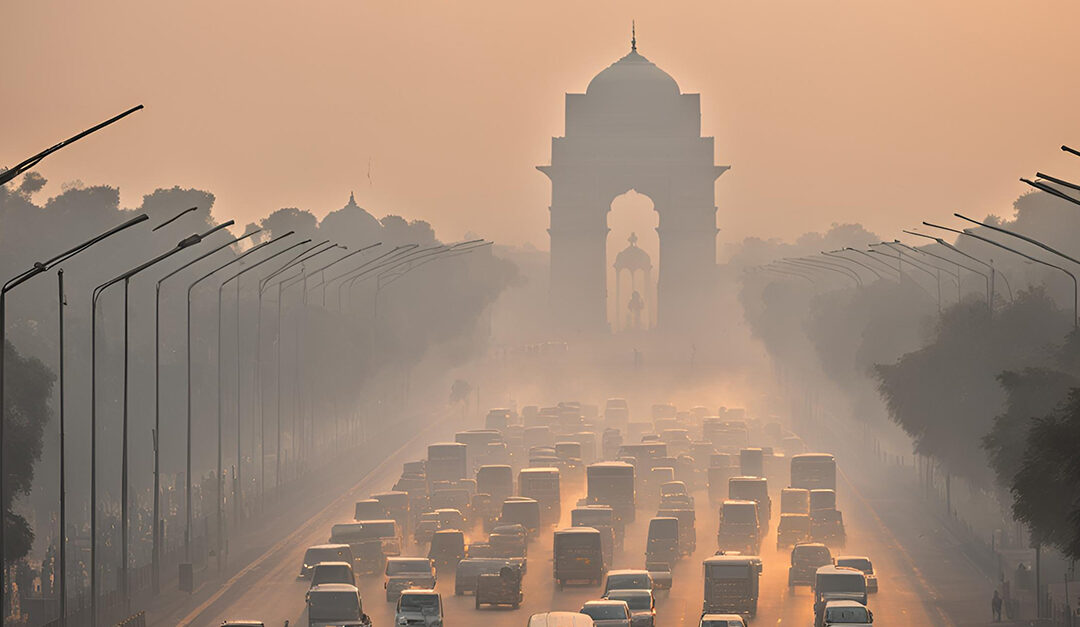Delhi’s air pollution has hit hazardous levels, prompting the enforcement of Stage IV of the Graded Response Action Plan (GRAP). With the AQI soaring to 484, strict restrictions are targeting truck movements and construction activities, significantly impacting logistics across Delhi-NCR.
Key Restrictions
- Truck Ban: Diesel-powered trucks are prohibited unless they carry essential goods or run on LNG, CNG, electric engines, or BS-VI diesel.
- Construction Halt: All construction and demolition (C&D) activities, including major infrastructure projects, are suspended.
The Impact on Logistics
The GRAP IV restrictions pose several operational challenges, especially for industries like e-commerce, manufacturing, and retail, which depend heavily on smooth supply chain functioning.
- Higher Costs: Shifting to CNG or BS-VI fleets increases logistics expenses.
- Delivery Delays: E-commerce and retail face last-mile challenges, risking missed deadlines and customer dissatisfaction.
- Cross-Border Disruptions: Restrictions on out-of-state light commercial vehicles (LCVs) slow interstate supply chains.
- Warehouse Strain: Businesses stockpile goods, adding pressure to storage facilities.
Adapting to Restrictions
- Eco-Friendly Fleets: Companies with LNG, CNG, or BS-VI-compliant vehicles are in a stronger position to continue operations, while others may need to fast-track their transition to sustainable fleets.
- Route Optimisation: Dynamic route planning can help maintain delivery schedules despite restrictions.
- Third-Party Logistics (3PL) Partnerships: Outsourcing to 3PL providers with compliant fleets can help smaller businesses keep their supply chains running.
The GRAP IV measures highlight the need for greener, sustainable logistics, including fleet electrification and cleaner fuels.
The ongoing smog crisis, visible even from space, demands collaborative efforts to address pollution at its root, requiring a long-term commitment to cleaner transportation solutions, coordinated policies, and sustained investment in environmental initiatives.
For now, Delhi-NCR businesses must navigate these challenges with innovation and adaptability to ensure supply chain continuity while supporting the city’s fight against pollution.

